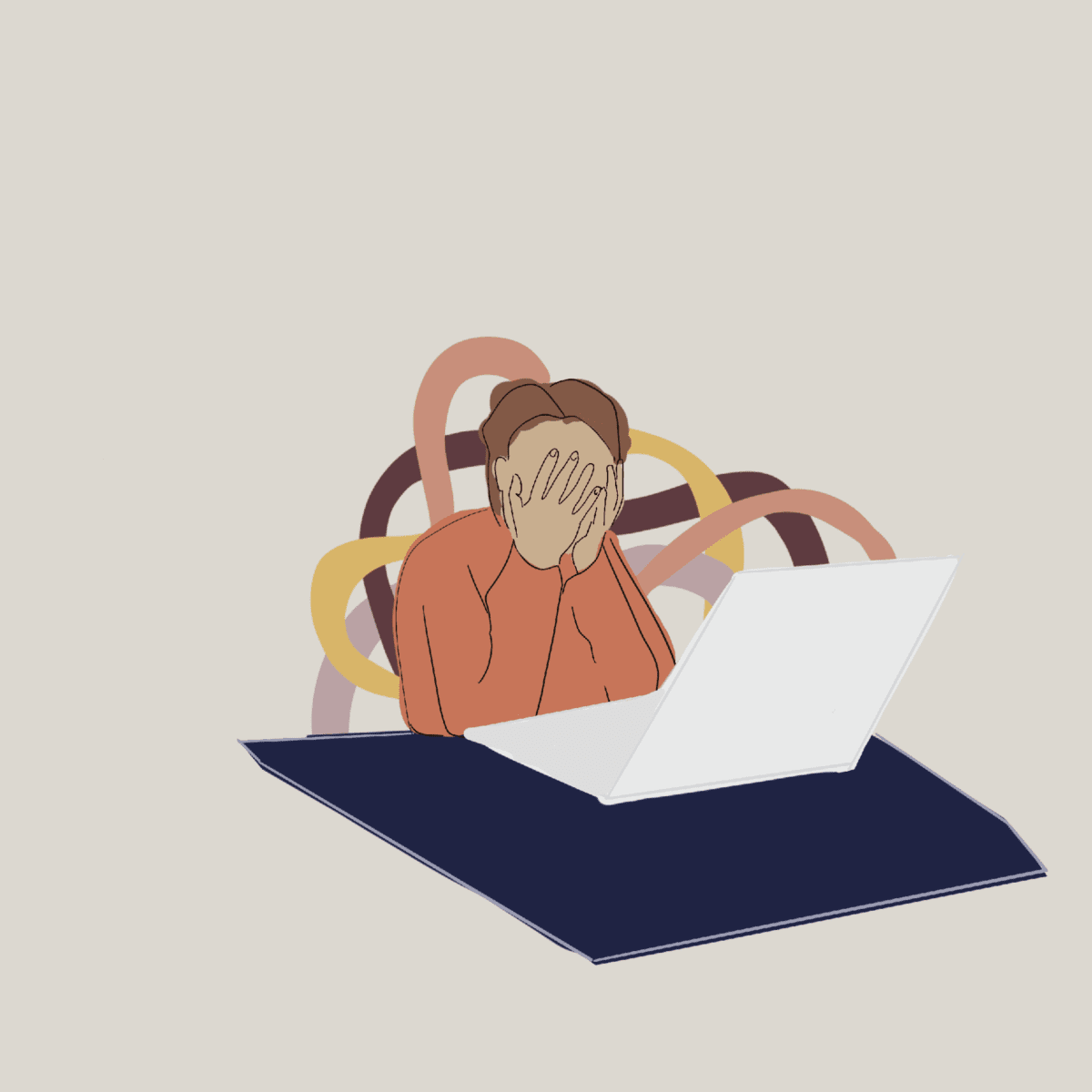For most people, Year 12 is stressful at the best of times. Add one pandemic, and the stakes are even higher.
In Victoria, NSW, and South Australia, all Year 12 exams are being pushed back. In Tasmania, some exams will be modified, and in Queensland and WA there are currently no plans to delay or modify exams. As classes are beginning to return to something which resembles ‘normal’, Woroni takes a look at the impracticalities and emotional strain which Year 12 students are struggling through, and the challenges which still lie ahead.
Hugh is a Year 12 student at a regional performing arts school in NSW, and concedes that COVID-19 has made it “hard to stay motivated”. Performing arts curriculum is not easily translated into online learning, where “discussion, group work, and performance are all impossible”. Hugh believes that exams could be modified to better reflect the efforts of students during a trying time. This could be done by allowing teachers to write “individualised recommendations to universities about students”, and for universities to base tertiary applications off of Year 11 and early Year 12 marks.
Tyana, who is completing VCE at a public school in Victoria, laments over how easily distracted she is when learning from home. In addition to the difficulties that arise in learning without the in-person guidance of teachers, Tyana is concerned for the other experiences which she may miss out on. Events such as graduation, 18th birthday parties and formals are, at present, still restricted by social-distancing regulations. Not being able to see friends during the isolation period has students worried about the prospect of burning out. For Tyana, “the new regulations put in place regarding how Year 12 will operate is so far strictly academic”, where students’ “mental health has not been considered”.
The inability to celebrate milestones and unwind with friends has caused “problems no Year 12 cohort has had to face”, and so for her it only seems logical that course content be modified. Tyana argues that it is not “feasible to stick to the usual course design and just allow more time to cover it”:
“This approach is not taking into account the degree of difficulty involved in learning remotely without any preparation as well as the significant mental health impact the pandemic is having on all students, especially those in their final year.”
For now, Tyana is just trying to adapt to changing platforms of learning. With the years spent cultivating good study habits having gone out the window, she is focusing on doing what she can “to obtain the ATAR [she had] hoped to achieve”.
Justin, who is completing VCE at a private boys’ school, has been hoping to commence his tertiary studies at ANU for some time. Following the announcement of ANU’s admittance of students based on Year 11 results, Justin’s goal remains “unchanged”. Justin has applied for an early offer at ANU, which he thinks is an important and useful opportunity for the Year 12s of COVID-19. He argues that “these early offer applications present a unique opportunity for us Year 12s in gaining predetermined access into what we want to study”, and encourages other Year 12s to apply for offers of early admittance where possible.
Several states and territories are yet to announce final examination timetables and modifications, with several Australian universities, including the ANU, handing out early offers based on Year 11 results. In the rapidly evolving COVID-19 climate, students across the country are trying their best to stay focused as they attempt to adjust to the ever-changing new normal.
We acknowledge the Ngunnawal and Ngambri people, who are the Traditional Custodians of the land on which Woroni, Woroni Radio and Woroni TV are created, edited, published, printed and distributed. We pay our respects to Elders past and present. We acknowledge that the name Woroni was taken from the Wadi Wadi Nation without permission, and we are striving to do better for future reconciliation.
